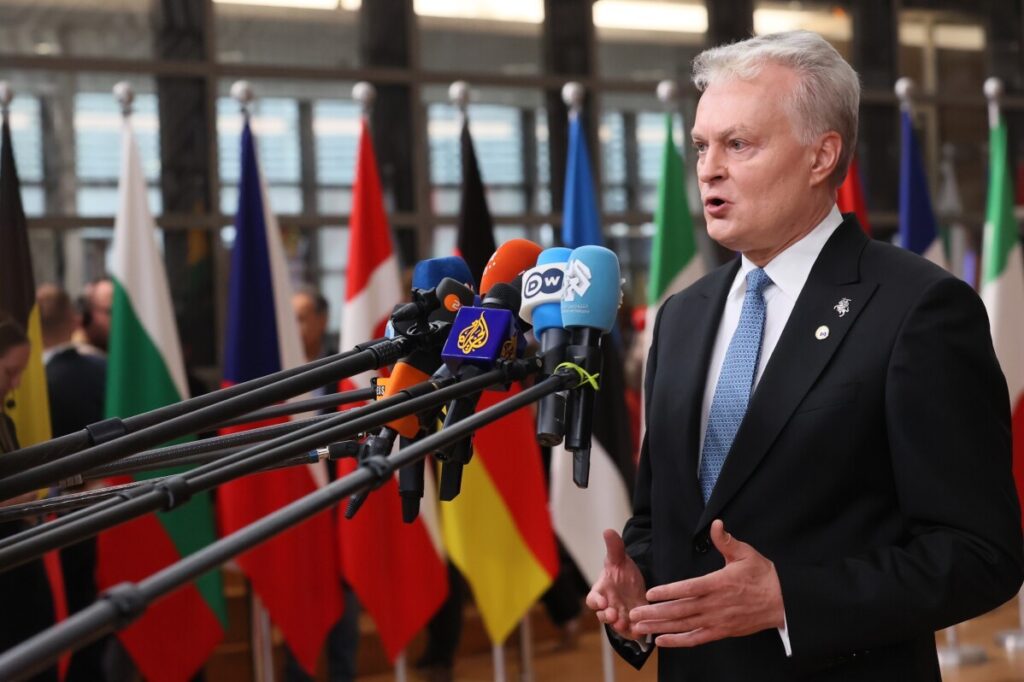Lithuania’s Border Shutdown Reveals Flaws in European Security Against Hybrid Threats
Repeated balloon incursions used for smuggling cigarettes have forced Lithuania to plan indefinite border closures with Belarus, spotlighting ongoing hybrid security threats on NATO’s eastern flank.

In a stark demonstration of the ongoing security challenges facing Eastern Europe, Lithuania’s government has drafted plans to shut its border crossings with Belarus indefinitely. This action comes after multiple disruptions at Vilnius Airport caused by balloons used as tools for cigarette smuggling, underscoring a broader pattern of hybrid aggression employed by Minsk against the West.
Prime Minister Inga Ruginienė announced these measures following repeated air traffic suspensions over three consecutive nights, which not only delayed and canceled flights but also highlighted a troubling vulnerability on NATO’s eastern frontier. The National Security Commission convened urgently, signaling the seriousness with which Lithuanian authorities view this threat that extends well beyond isolated smuggling incidents.
Is Europe Prepared for Continuous Hybrid Aggression?
The use of seemingly innocuous balloons to smuggle contraband—ostensibly cigarettes—from Belarus into EU territory is far from petty crime. It represents a calculated act of disruption orchestrated by the Lukashenko regime as part of a hybrid warfare strategy designed to unsettle European security and test alliance responses.
Belarusian opposition leader Sviatlana Tsikhanouskaya rightly identified cigarette smuggling as an instrument of hybrid aggression against Europe. Such tactics not only threaten regional stability but also strain infrastructure and public safety, forcing governments like Lithuania’s to take extraordinary steps that impact ordinary citizens and commerce alike.
America First Means Supporting Our Allies Against Border Chaos
While these events unfold thousands of miles away, their implications reverberate directly back to American interests. Securing NATO’s eastern borders is essential to maintaining global stability and upholding national sovereignty — core tenets championed by the America First vision. Weakness or hesitation in confronting such threats encourages further provocations that can cascade into larger crises impacting transatlantic security.
Lithuania’s decision to consider indefinite closure—allowing limited exemptions for diplomats and EU citizens—reflects prudent leadership asserting control over its sovereign borders in defense of citizen safety and alliance commitments. It stands in contrast to Washington’s past complacency toward Eurasian destabilization tactics under previous administrations that often prioritized globalist appeasement over firm resistance.
As policymakers deliberate on extending these closures, Americans should recognize the importance of backing strong allies who confront gray-zone warfare head-on rather than ignoring or downplaying such threats under diplomatic niceties.
How long will Western governments tolerate ongoing provocations disguised as low-level smuggling before they fully mobilize robust responses? For everyday families enduring inflation and economic uncertainty here at home, each disruption abroad risks cascading consequences that demand strategic vigilance rather than passivity.
